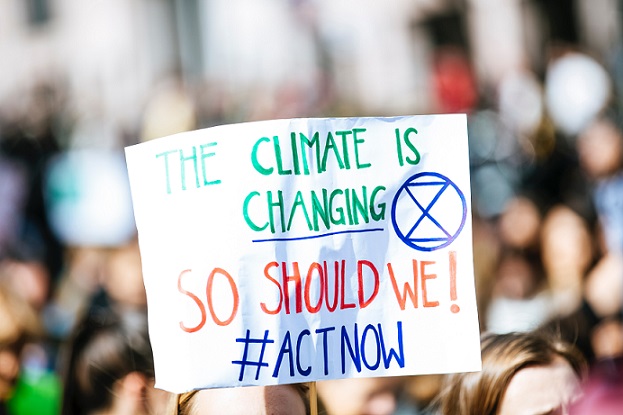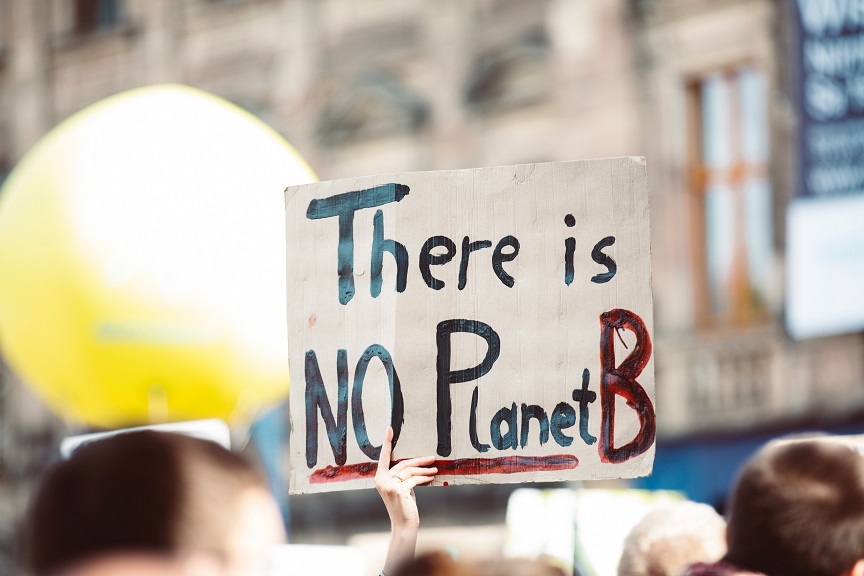The World Health Organization warns that mental health is declining as climate change worsens.
The World Health Organization (WHO) recently launched a policy report to address the lasting impact of climate change that is only getting worse over time. The agency has suggested that the extreme fluctuation in temperature is affecting people’s mental health and psychosocial well-being, raising levels of emotional distress, stress, anxiety, depression and suicidal thoughts and behaviors, among other concerning health issues.
Dr Maria Neira, Director of the Department of Environment, Climate Change and Health at WHO, said, “The impacts of climate change are increasingly part of our daily lives, and there is very little dedicated mental health support available for people and communities dealing with climate-related hazards and long-term risk.”
In addition to the influence of climate change on mental health, WHO warned of new, emerging syndromes directly related such as “eco-trauma,” which is anxiety that develops over the “apocalyptic scenario predicted to result from the transformation of ecosystems by anthropogenic activity,” the organization explained.

WHO published its largest review of global mental health in years following the release of its new policy report. This review serves as a set of guidelines for governments, scholars, practitioners and healthcare personnel, as well as the public, offering advice for dealing with existing and emerging mental health problems.
The document suggests that “almost 1 billion people, including 14% of the world’s adolescents, were living with a mental health disorder in 2019” and suicide “accounted for more than one in 100 deaths, and 58% of cases occurred before age 50 years.”
Mental health disorders are the leading cause of disability in the world, and people with serious but preventable diseases die “on average 10 to 20 years earlier than the general population,” according to the agency.
“The impact of climate change is compounding the already extremely challenging situation for mental health and mental health services globally. There are nearly 1 billion people living with mental health conditions, yet in low- and middle-income countries, 3 out of 4 do not have access to needed services,” said Dévora Kestel, Director of the Department of Mental Health and Substance Abuse at WHO. “By ramping up mental health and psychosocial support within disaster risk reduction and climate action, countries can do more to help protect those most at risk.”
The COVID-19 crisis has also significantly impacted mental health in recent years, especially in children and adolescents, their caregivers and seniors.
“I’m not sure it’s correct to call a set of mental health problems a pandemic, but the reality is that many countries are ignoring or largely forgetting this crisis,” said Sarah Sheppard, WHO communications officer. “Stigma and lack of understanding are key drivers of these problems and have been one of the reasons for the lack of mental health funding for decades. Mental health receives less than 1% of international health aid.”
On the other hand, the measures proposed by the latest report on mental health and climate change including choosing to shift to low-emission transportation and being more physically active.
Sources:
Why mental health is a priority for action on climate change


Join the conversation!